You don’t need to have seen the megahit musical Hamilton to have at least a pretty good idea of the plot. The soundtrack is practically the script. Plus, nobody can stop talking and writing about it from every conceivable angle. I suppose if you don’t count yourself familiar with the play, this post has some spoilers, so be warned.
I’ve been wondering about how it stands up as a tragedy. We know from the very beginning “See this guy, our hero? Yeah, he dies.” Just like Romeo and Juliet. I don’t mean that like, “We’re all supposed to know the real story, like Julius Caesar,” I mean, “He says it right in the prologue, like Romeo and Juliet.” In the opening number, Aaron Burr says “I’m the damned fool that shot him.”
So if we’re going to treat it like a tragedy, the next question is what Hamilton’s tragic flaw might be? I think we could discuss this all day. His honesty? His failure to play the political games (something that, from the beginning, people more experienced have warned will get him killed)? His workaholism? (Is that a word?) His fear that he was going to “run out of time”?
If I dust off my high school memories of A.C. Bradley, isn’t there something about the tragic flaw directly leading to a decision that sets events in motion that ultimately lead to the death of the tragic hero?
Can we pinpoint the event in Hamilton? I wonder if it’s his decision to go off with Maria Reynolds (which sets about the Reynolds Pamphlet, his marriage troubles, his son’s demise, etc…) but (a) I’m not sure what “tragic flaw” of his led to that decision, and (b) I’m not sure what it has to do with Aaron Burr.
Working backwards, I think Burr is ultimately pushed over the edge by Hamilton’s endorsement of Jefferson, a man who he acknowledges he’s in complete disagreement with politically. So then is he more of a reverse Brutus character? Focused solely on what’s right for the people and the big picture, and missing the machinations of those forces surrounding him? Rather than “I generally like you but I’ve become convinced you’re bad for the people so you’ve got to go” we’ve got “I don’t particularly like you but I think you’d be a better choice than the other guy”?
Mostly I just wanted something to talk about, and Hamilton’s more interesting than Pokemon Go :). If you’ve got any other Shakespeare comparisons you want to make, feel free in the comments!







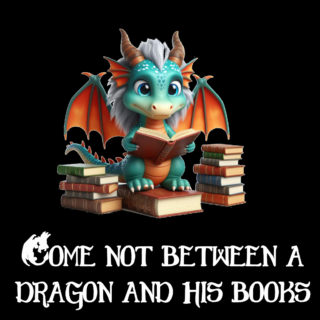


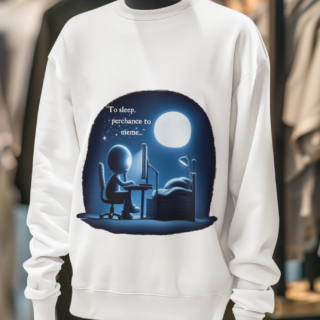




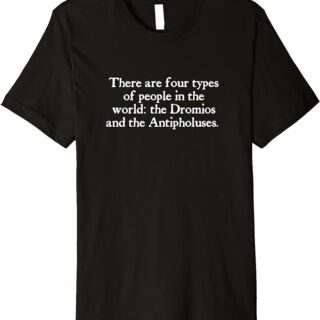
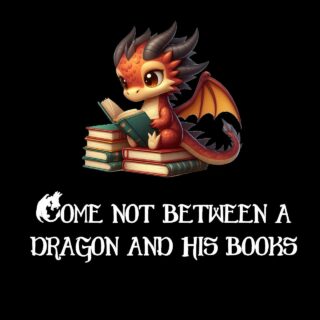







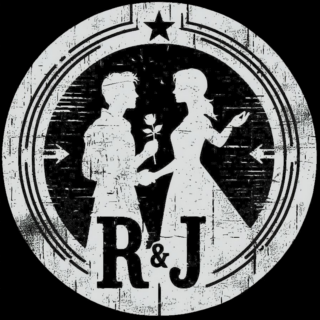


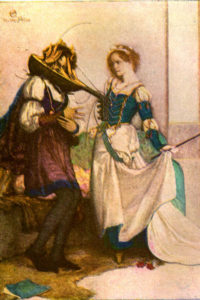
 So I saw this Entertainment Weekly article about 2o Classic Opening Lines in Books. For the curious, it stretches 20 pages for 20 lines, includes Harry Potter and does not include Orwell, Camus or Kafka. Of course there’s no Shakespeare, since it’s always up in the air whether someone counts his work among “books”.
So I saw this Entertainment Weekly article about 2o Classic Opening Lines in Books. For the curious, it stretches 20 pages for 20 lines, includes Harry Potter and does not include Orwell, Camus or Kafka. Of course there’s no Shakespeare, since it’s always up in the air whether someone counts his work among “books”. I’m not talking about actors who memorize as part of their job, or geeks who memorize just by experiencing the same passages over and over again. I’m talking about the legions of school-age children who stop by, having been tasked with memorizing the balcony scene or a sonnet or even a passage of their choice, just for the sake of memorizing it.
I’m not talking about actors who memorize as part of their job, or geeks who memorize just by experiencing the same passages over and over again. I’m talking about the legions of school-age children who stop by, having been tasked with memorizing the balcony scene or a sonnet or even a passage of their choice, just for the sake of memorizing it.